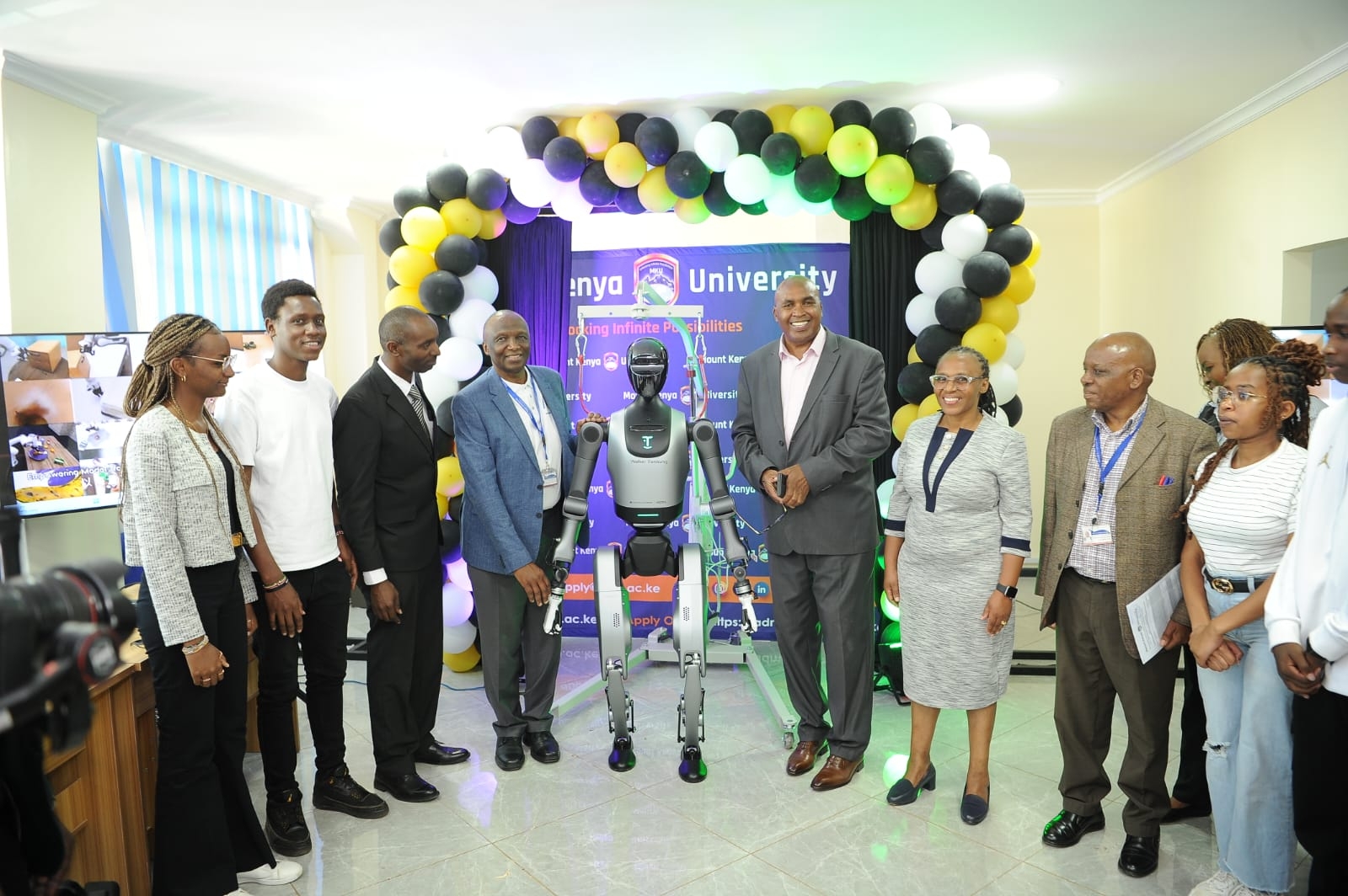Tax reforms are vital for governments to generate revenue, address economic challenges and promote development. However, it is crucial to examine the potential negative implications of tax reforms, particularly their effects on the youth population in Kenya.
Tax reforms may lead to increased living costs for the youth. Higher taxes on essential goods and services, such as food, transportation and education, can strain the already limited resources of young individuals, as seen currently. The resulting financial burden may impede their ability to meet basic needs, affecting their overall well-being and posing challenges to their safety.
Tax reforms can inadvertently hinder employment opportunities for the youth. If tax policies create a burden for businesses, it may result in downsizing, job losses or a reduction in hiring.
This can exacerbate the already high youth unemployment rate in Kenya and limit the economic prospects for young people. Lack of employment opportunities can lead to financial instability, which may compromise their safety and expose them to risks like venturing into crime or in dubious get-rich-quick businesses.
The informal economy is a significant source of employment for the youth in Kenya. Tax reforms that target the informal sector can create additional barriers and challenges for young entrepreneurs and small-scale businesses.
Compliance with tax regulations may become burdensome, resulting in reduced productivity, increased operating costs and limited growth opportunities. This can adversely impact the youth who heavily rely on the informal economy for their livelihoods.
Tax reforms that impose high taxes or complex regulations on start-ups and small businesses can discourage entrepreneurship among the youth. Young entrepreneurs need help accessing capital and resources, and tax burdens can further hinder their ability to thrive. This disincentive for entrepreneurship can stifle innovation, limit job creation and hinder economic growth, affecting the long-term prospects of the youth.
Despite tax reforms aimed at generating revenue, there is a concern about the equitable distribution of resources. If the resulting revenue is not allocated effectively or directed towards initiatives that benefit the youth, it can exacerbate existing social and economic inequalities.
Lack of access to quality education, healthcare, and social support systems can further marginalise young people, hindering their safety, well-being, and opportunities for upward mobility.
Excessive tax burdens or unfavourable tax policies can lead to brain drain, where talented young individuals seek opportunities abroad. The loss of skilled youth to other countries deprives Kenya of their talents, potential contributions to the economy and innovation. This talent flight can impede the country's progress and limit opportunities for young people who wish to remain in their home country.
While tax reforms are crucial for economic development, it is essential to carefully consider their potential negative implications on the youth in Kenya. Policymakers need to strike a balance between revenue generation and protecting the interests of the youth.
Mitigating these negative effects requires targeted policies, such as providing incentives for youth employment, facilitating entrepreneurship and ensuring equitable resource allocation.
By addressing these challenges, Kenya can create an environment where young people can thrive, contribute to the economy, and build a brighter future for themselves and the nation. Additionally, ongoing monitoring, evaluation, and adjustments to tax reforms can help ensure that the benefits outweigh the potential drawbacks, promoting the overall safety and prosperity of the youth.
Procurement assistant officer at The Centre for The Study for Adolescence













